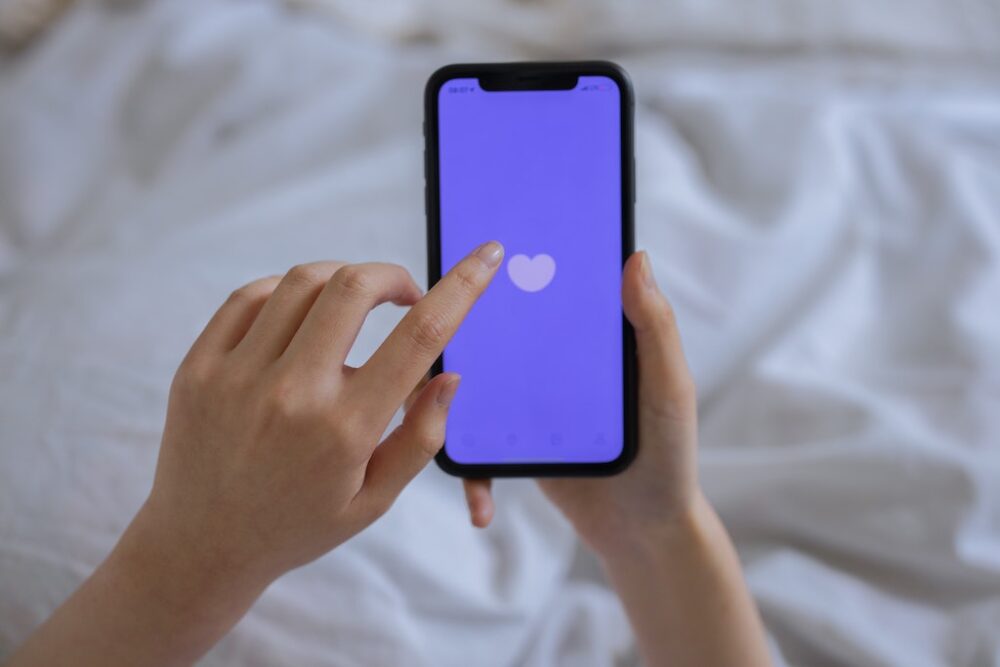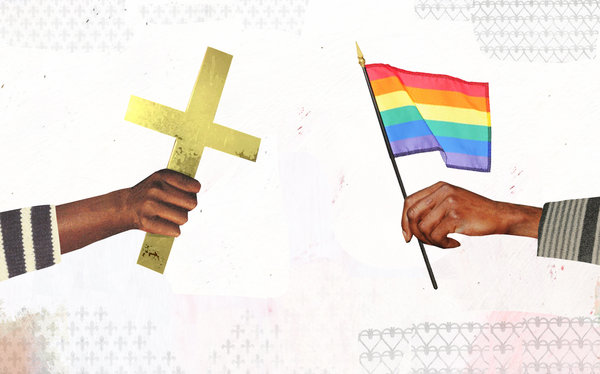Monsignor’s Outing Begs Questions about Grindr Privacy

The public outing of a top U.S. Catholic Church official this week has called into question the privacy of Grindr users’ personal data.
The Monsignor, who also served on the U.S. Conference of Catholic Bishops (USCCB), resigned from his role after a Catholic newsletter, The Pillar, publicly outed him for information reportedly obtained from Grindr. The media group claimed to have data proving the Monsignor had visited gay bars and used Grindr for hookups, violating the vow of celibacy taken by Catholic priests and contradicting the church’s stance on homosexuality.
The Pillar came under fire after the article’s release because of derogatory language and phrasing used in the report. In addition to the horrific act of outing someone against their will, the newsletter also equated the Monsignor’s activity in the gay scene to the history of sexual abuse within the Catholic Church, when in fact, the official had been serving to help the Church address and end these egregious assaults on minors.
But The Pillar, employing homophobic stereotypes, asserted, “any use of [Grindr] by the priest could be seen to present a conflict with his role in developing and overseeing national child protection policies.” They also referred to the priest’s actions as “serial and illicit sexual activity.”
There is no evidence that any of the Monsignor’s interactions were with minors nor were nonconsensual.

The story, although glaringly homophobic, has brought to light possible privacy breaches for Grindr users that are cause for concern. The Pillar says that they obtained the Grindr information through “commercially available records or app signal data,” suggesting the data was able to be purchased through a third party.
The newsletter reported that, using this data, they were able to track the Monsignor’s phone and his activity on Grindr down to exact locations.
“Commercially available app signal data does not identify the names of app users, but instead correlates a unique numerical identifier to each mobile device using particular apps,” The Pillar explains. “Signal data, collected by apps after users consent to data collection, is aggregated and sold by data vendors. It can be analyzed to provide timestamped location data and usage information for each numbered device.”
In a statement, a Grindr called The Pillar’s story “homophobic” and denied that the alleged data usages were possible. However, the company later updated its story to say that it does “not believe Grindr is the source of the data” and added that the “pieces simply do not add up.”
Grindr received more global attention this week when TikTokers began using the app’s “Explore” feature to identify LGBTQ athletes in the Olympic village and post their information online. The trend that was jokingly started to find people “Olympian boyfriends” is now being criticized for endangering closeted athletes who could become victims of online hate, homophobic attacks, or worse. Several Olympians that have been exposed reside in countries where homosexuality is still heavily restricted or even criminalized—in extreme cases, with punishment of death.
A Grindr spokesperson has since said the users who made the posts were in breach of the app’s terms of service, and demanded that the posts be removed.
Both the Monsignor’s and the Olympians’ exposure serves as a frightening warning to users of hook-up and dating apps like these. We urge all our readers to be very careful with your online presence, particularly if you are still closeted and looking to remain anonymous.
“No one should be doxxed and outed for adult, consenting relationships,” says data researcher Zach Edwards, “but Grindr never treated their own users with the respect they deserve, and the Grindr app has shared user data to dozens of ad tech and analytics vendors for years.”
What's Your Reaction?
OUTFRONT Magazine Intern. Studying Journalism and Political Science at the CU-Boulder. An unabashedly blue-haired, queer, leftist feminist. Ask me about my agenda!










